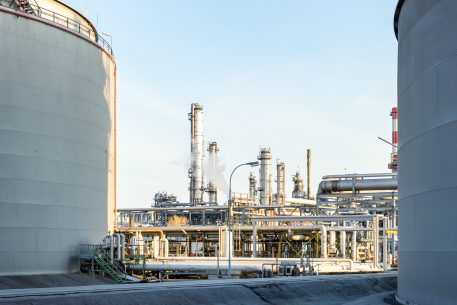Investigació
Línies d'actuació
- Xarxes
- Programes
- Aula Mediterrània
- Med Dialogues + 2030
- Desenvolupament humà i integració regional
- Euromed Young Researchers Lab
- InterCultura. Diàleg i acció
- Un mar de paraules. La veu dels joves
- Desenvolupament sostenible
- Prevenció de la polarització i l’extremisme violent
- Mitjans de comunicació, democràcia i diversitat
- Projectes












